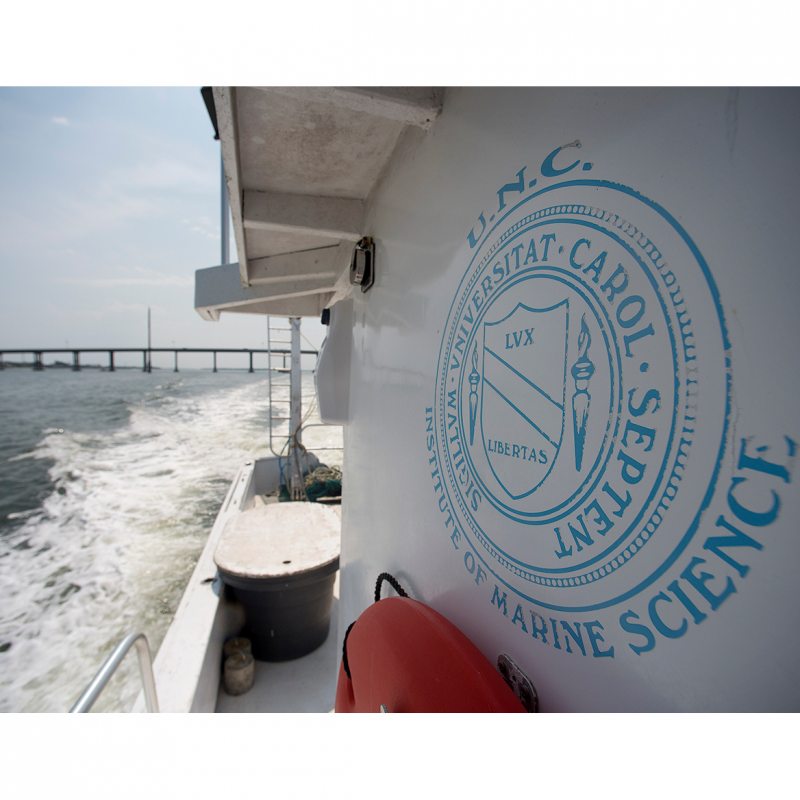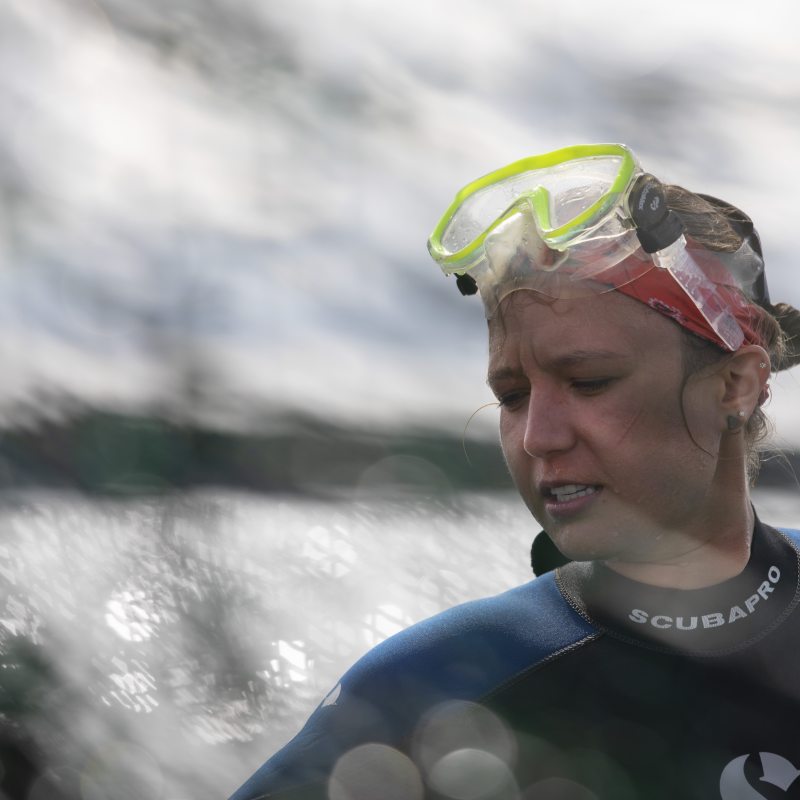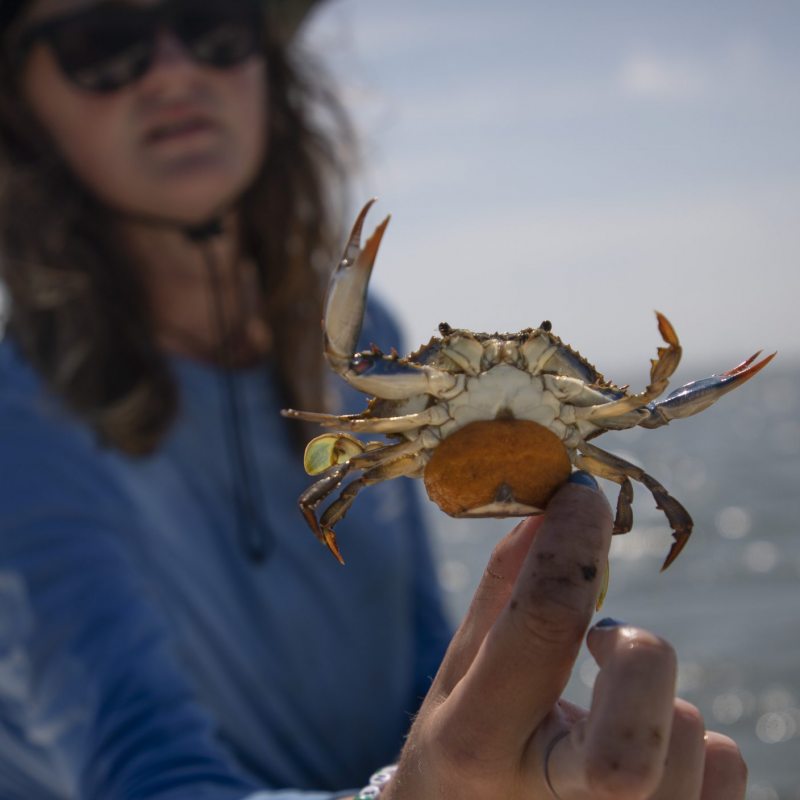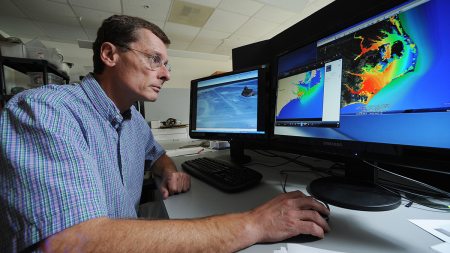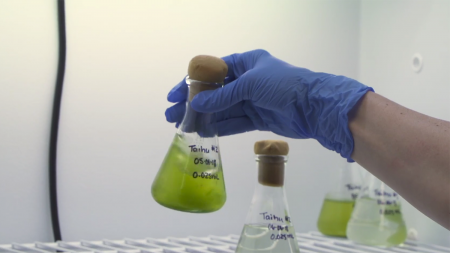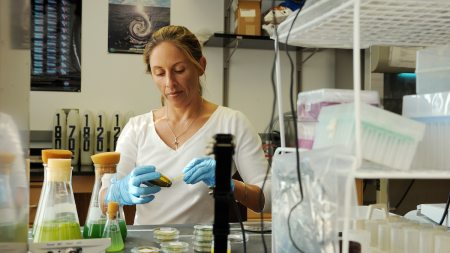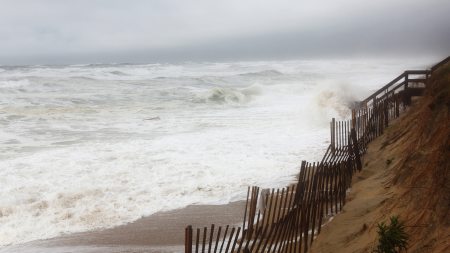Forecasting the danger
Carolina researchers are on the front lines when it comes to predicting a storm’s potential impact.
UNC Institute of Marine Sciences' Rick Luettich and Brian Blanton of the DHS Coastal Resilience Center and the Renaissance Computing Institute are leaders of ADCIRC, a system of computer programs used to predict storm surge and flooding.
